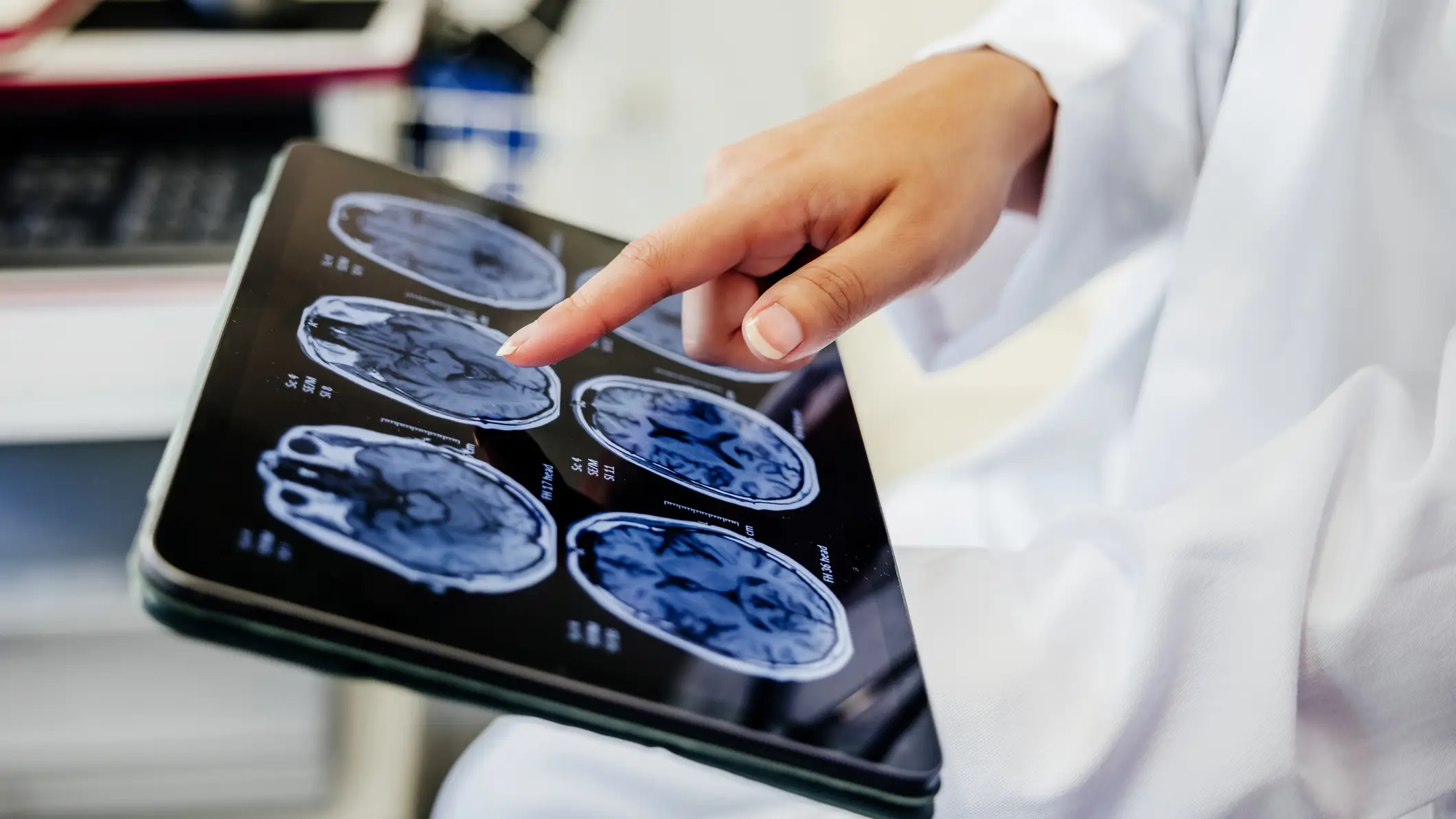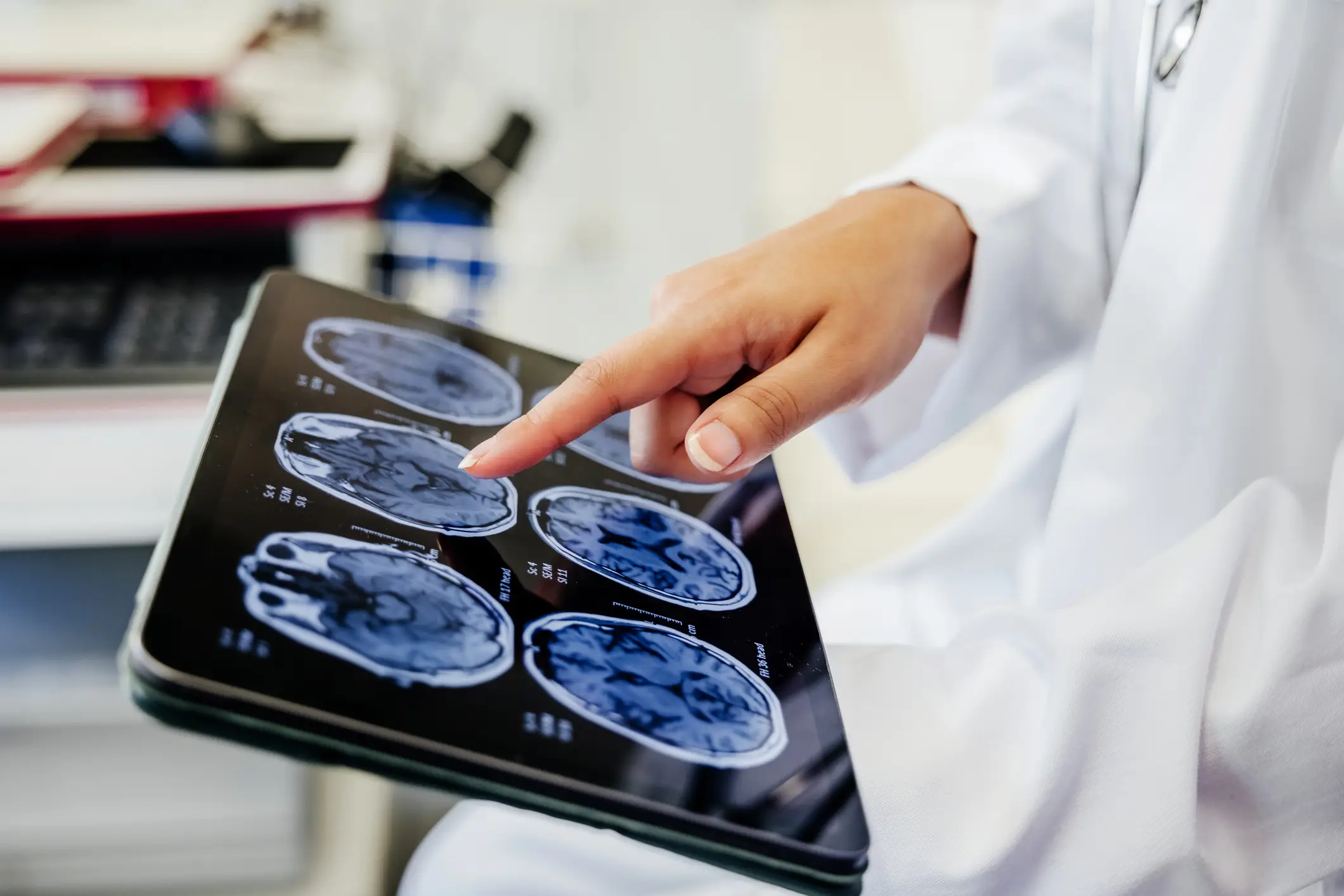
Most people would agree that getting old is a luxury. After all, it's not one that everyone is fortunate enough to experience.
But even if you are blessed enough to live life into your senior years, getting old certainly doesn't come without its challenges.
Growing older looks different in everyone, but unfortunately many elderly people experience cognitive decline to some degree, whether that's forgetfulness or just taking longer for your brain to process things.
It's a completely normal symptom for the later stage of life, but that could all be about to change.
Advert
Scientists may have just cracked the code to not just prevent mental deterioration, but to actually reverse the signs of ageing in your brain.
A recent study by the University of California managed to identify a protein called FTL1 that is responsible for aged-related decline in the brain, most prominently in the hippocampus, where our memories are formed.

In the study, researchers discovered that older mice showed higher levels of FTL1, but they also had fewer connections between brain cells in the hippocampus and reduced cognitive function, suggesting a correlation between the two.
This idea was confirmed when scientists increased FTL1 levels in younger mice and observed them starting to experience brain-ageing behaviour, much like the older mice.
And just like magic, when the researchers performed the opposite task and reduced FTL1 levels in older mice, they noted a significant restoration in neural connectivity and they even performed better on memory tests.

The game changing results appeared to actually reverse brain ageing in the older mice, in an incredible feat for the scientists.
"It is truly a reversal of impairments," said Saul Villeda, PhD, associate director of the University of California, San Francisco, Bakar Aging Research Institute and senior author of the paper, as per Science Daily.
"It's much more than merely delaying or preventing symptoms."
It's now hoped the team could work on therapies that would be able to block the effects of the FTL1 protein in the brain, which would essentially prevent cognitive decline such as memory loss.

Interestingly, the researchers also discovered that increased levels of FTL1 in older mice led to slower cellular metabolism in the hippocampus. However, they found that applying a compound that stimulates metabolism was able to reduce these negative effects.
While the study is obviously in its early stages, the results the team have garnered so far paint an incredibly hopeful future for the brain health of the elderly.
